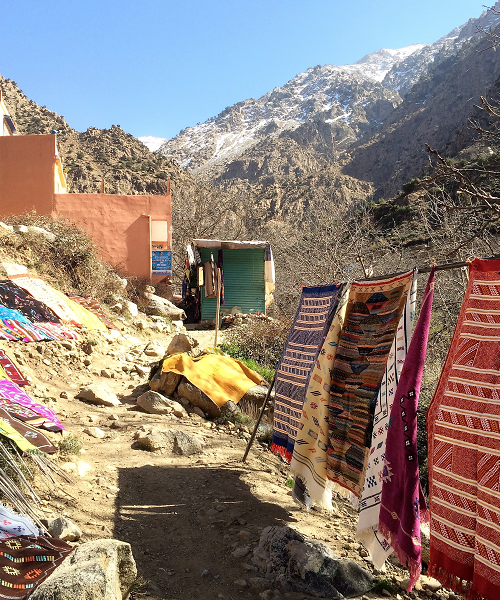Academics
The Maghrebi region of North Africa is lively, complex, and a blend of tradition and new-age. Over the course of six weeks, students will learn how to communicate in Modern Standard Arabic as well as understand how Morocco and the region grapple with the past and the increasing influence of outside global players.
Students choose an elective, taught in English, and follow a Modern Standard Arabic course according to their language level. Darija lessons, the Moroccan dialect of Arabic, are offered one hour per week -- this is a great way to learn words and phrases often heard around town in markets, restaurants, and shops.
Proficient in French? Replace the English-taught elective with an available course in the North Africa & France Comparative Studies program.
Volunteer and community engagement occasions are possible! A two-week program extension allows students to participate in meaningful work at a local NGO.






